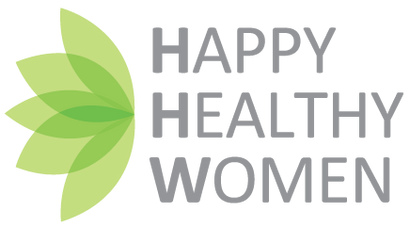Imposter Syndrome: The Ego, The Beginner, and The Expectation by Karen Vaile

It's an unsettling sensation, feeling like you're out of your depth, as though you're pretending to be someone you're not. Imposter Syndrome (IS) is that nagging voice that whispers, "You shouldn't be here. Everyone will figure out you don't belong." The irony is, often this sensation doesn't stem from others' judgment but from our internal expectations and ego.
The Myth of "Should"
Central to imposter syndrome is the notion of "should." I should know this. I should be better. I should have achieved more by now. These statements reveal more about our expectations than about our actual competencies or the reality of the situation.
When we're starting in any new field, be it a job, hobby, or life change, there's an intrinsic period of learning. We're beginners, and there's an entire journey ahead filled with mistakes, lessons, and growth. Yet, our ego doesn't always let us comfortably inhabit that beginner space. We want to skip ahead to the part where we're experts, competent and confident.
The Ego's Fear of Being a Beginner
The ego is all about maintaining a sense of identity and pride. It doesn't like the feeling of being "lesser than" or inexperienced. Consequently, when we find ourselves in a position of learning or when we're out of our comfort zone, the ego panics. It tells us we're frauds and that we're not good enough.

Voicing the Vulnerability
If you ever find yourself in a meeting, a class, or any environment where you feel out of depth, remember you're not alone. Many around you have probably felt the same. One of the most empowering things you can do is voice it.
By expressing sentiments like, "I'm new to this, so I might need some time to grasp it," or "I'm in my learning phase, so bear with me," you set a stage of understanding. Not only does it ease the pressure you feel, but it also often results in others offering help or sharing their own beginner stories.
Redefining Imposter Syndrome
Imposter Syndrome isn't an external judge with a gavel, waiting to proclaim our unworthiness. It's an internal voice, shaped by our expectations and egos. It's a manifestation of our fear of being beginners and our resistance to the natural learning process.
To truly tackle IS, it's crucial to reframe our understanding of what it means to be a beginner. Being new at something is not synonymous with incompetence; it's a transient phase where we gather knowledge, skills, and experience.
Remember, it's okay not to know. It's okay to learn. And most importantly, it's okay to be a beginner. Every master was once an amateur. Embrace the journey, and with time, the imposter within will be silenced.
Embrace boldness. Embody confidence.

Karen Vaile is a Confidence & Life Coach and Founder of Karen’s Coaching Korner.
She helps businesswomen create the confidence they need to take the bold action necessary to achieve all their personal and professional goals.
Karen's mission is centred on transforming uncertainty, self-doubt and apprehension into assertiveness and decisive ambition. Through her 1:1 coaching program “Create Your Confidence” she tailors her approach to each client's unique needs helping each one to reach her fullest potential, attain her goals, embrace boldness and embody confidence and grace in every aspect of life. Karen can be reached via DM.
Karen is happy to be a Happy Healthy Women Toronto, ON Trailblazer.
Leave a comment
Comments will be approved before showing up.
